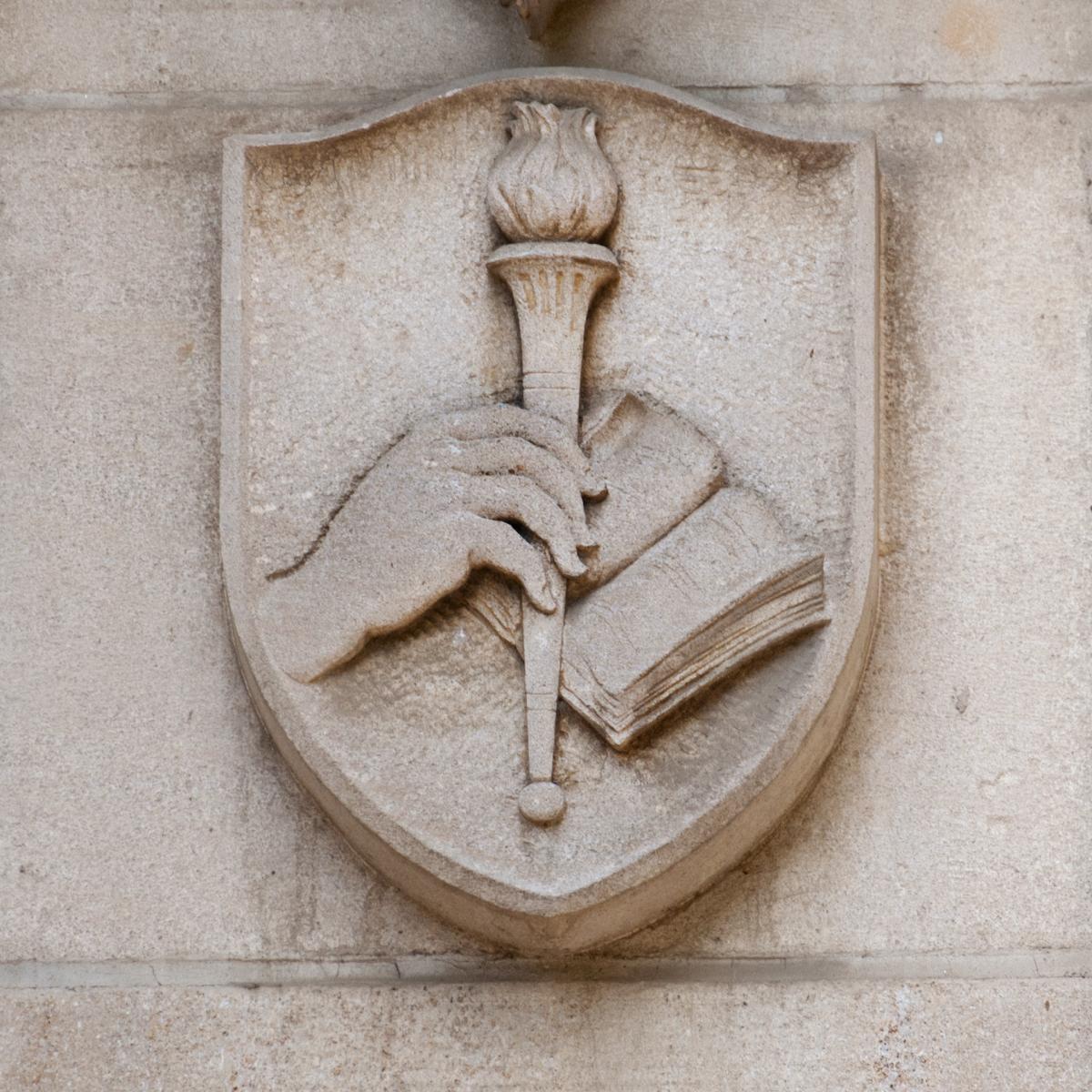 When do I need to provide a citation?
When do I need to provide a citation?
- Whenever you quote from a source, summarize it or introduce a fact you learned from it, you must use a proper citation — even if it's just for a course research paper.
- It is particularly important to include proper citations for primary sources since you are dealing with rare and unique material that cannot be found elsewhere.
- Correct citations enable other scholars to locate the source material for further research as well as allow verification of your quotation
How do I cite material held by the Rubenstein Library?
- The format required by different citation styles may vary, but at the minimum you will want to include a description of the item, the collection you found it in and the name of the repository where the item is held. We recommend the following format:
[description of item], [name of collection], David M. Rubenstein Rare Book & Manuscript Library, Duke University
- See our Citing Primary Sources guide for more detailed information on citing materials from our collections.
When do I need to seek permission to use something from the Rubenstein Library's collections?
- If you plan to use images or other materials from the Rubenstein Library in any of the following formats: exhibition, film or television show, a public performance or presentation, publication (book, article, newspaper, web site, etc.), you may need to obtain permission from the copyright holder.
- Fair Use may be available when using materials that are still in copyright. It is a flexible exception that allows socially valuable uses of copyrighted material. Four factors are balanced to determine fair use:
- The purpose of the use should be for non-profit education. If that use adds to the original in some creative way (like commenting on a poem or making a parody), the fair use argument is stronger.
- Nature of the material should be assessed. Factual material is more likely to be allowed under fair use; creative work like music and art gets stronger protection, as does unpublished work.
- The amount of the original work is only that which is necessary to accomplish the educational purpose.
- Uses that substitute for purchasing available copies should be avoided; damaging the market for the original counts heavily against fair use.
-
Fair use applies in many situations, but depends upon a balancing of the factors. Members of the Duke community should seek out a subject librarian with copyright training. Any member of the Duke community may directly schedule a consultation with copyright staff on this topic or send an email directly to copyright-questions@duke.edu.
When do I need to seek permission from the Rubenstein Library?
- Much of the Rubenstein Library’s collection is either in the public domain or under copyrights not controlled by Duke University. For materials labeled as “No Copyright,” or otherwise labeled as “public domain,” Duke’s best understanding of the rights status of these works is that they are in the public domain, and therefore Duke cannot grant nor deny permission. However, you should undertake your own legal analysis of the copyright status
- The Rubenstein Library does not require that researchers request permission to quote from or publish images of material in the public domain, nor does it charge permission or use fees for these materials.
- The Rubenstein Library does not provide permission to quote or publish from material that Duke University does not hold a copyright interest in. It is your responsibility to determine the copyright status of the materials you wish to use and pursue permission from other copyright holders or executors.
- If you plan to use images or other materials from the Rubenstein Library that Duke University holds a copyright interest in, it is necessary to obtain a contract for permission for non-exclusive rights from the library. If your proposed use is commercial in nature, we may charge you a fee to use materials.
When do I need to seek permission from the copyright holder?
- If the materials you wish to use are not in the public domain and Duke University does not hold the copyright, you will need to contact the current copyright holder to request permission to use the material.
- Library staff are unable to assist with obtaining copyright permissions that Duke University does not own. It is your responsibility to determine the copyright status of the materials you wish to use and pursue permission.
How can I get a reproduction of something the Rubenstein Library holds?
The Rubenstein Library offers a variety of reproduction options to help researchers make use of our collections. Learn more about ordering reproductions, including our services and fees.

